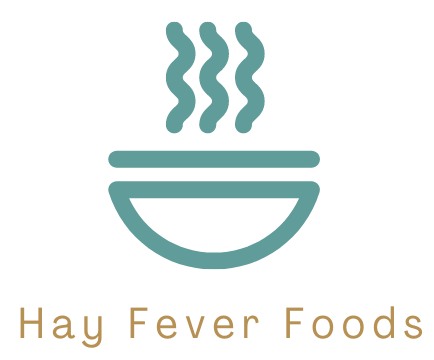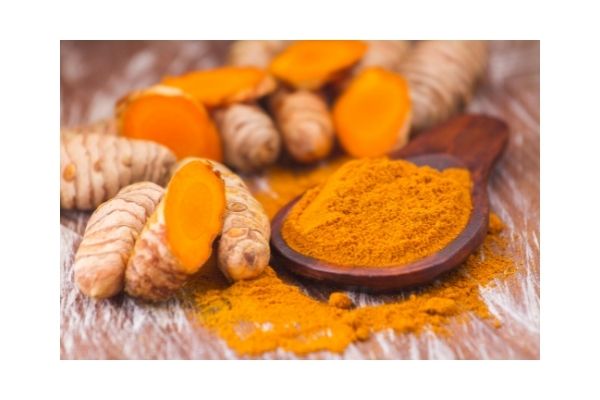Raw honey is considered supreme in Ayurvedic medicine. Although based on Ayurveda principles, honey is said to be effective in managing allergies; modern allopathic medicine does not believe in the effectiveness of honey. Honey is hot in nature; that is why it could provide relief in people who have hay fever.
In Ayurveda, honey is used for both internal and external uses. It is mainly used to treat cold, phlegm, cough, eye diseases, hiccups, blood in vomit, leprosy, diabetes, obesity, worm infestation, vomiting, asthma, diarrhoea, and healing wounds. It is also used as a catalytic carrier for medicines to improve the efficiency of medications that are mixed with it.
Honey helps in promoting lightness by stimulating digestive agni, which aids digestion. Honey should not be consumed during a heatwave or people of the pitta prakriti, a person with an excess of heat generation in the body.
According to Ayurveda, the sweetness in honey is associated with love, kindness, compassion, and contentment. These sweet foods are known to build our strong immunity, the ability to keep diseases away, and the capacity to feel genuine satisfaction. This is known as ojas.
Honey is said to be the best choice for people of the kapha prakriti as it adds warmth and soothes your body. However, honey should not be heated before use as it is considered very dangerous when cooked because it is volatile in the presence in heat that causes it to ferment and create toxins.
Besides, the side effects of honey are almost negligible. It has been used for soothing sore throats and controlling coughs – both of which are symptoms of hay fever and infections of the upper respiratory tract.
Studies also show that raw honey helped reduce cough symptoms and promoted a peaceful night’s sleep in both children and adults. However, honey should not be given to children under the age of 1 year because of the risk of infant botulism.
Honey also exhibits antimicrobial and astringent properties. These antimicrobial properties could help fight the pathogens that cause cold and cough. As honey is thick in consistency, it coats and soothes the inflamed and irritated throat. Like most cough syrups, honey is sweet, and the part of the brain that processes sweetness is next to the part that manages cough.
Hence, the interaction of the nerves calms the cough due to the sweet flavour. Sweetness also causes salivation, which makes the mucus thin.
According to Ayurveda, there are eight different types of honey, they are –
- Makshikam: It is used to treat eye diseases, hepatitis, piles, asthma, cough and tuberculosis.
- Bhraamaram: It is used when blood is passed in vomit
- Kshoudram: It is used for the treatment of diabetes.
- Pauthikam: It is used for curing urinary infections and diabetes.
- Chathram: It is used for treating worm infestations when blood is vomited and for diabetes.
- Aardhyam: It is effective in treating eye diseases, cough and anaemia.
- Ouddalakam: It is used in treating leprosy and poisoning cases. It also enhances the taste of food items.
- Daalam: It boosts digestion and helps in the treatment of cough, vomiting and diabetes.
Purified honey, made with the help of the most authentic Ayurveda units, is recommended for treating allergies.







